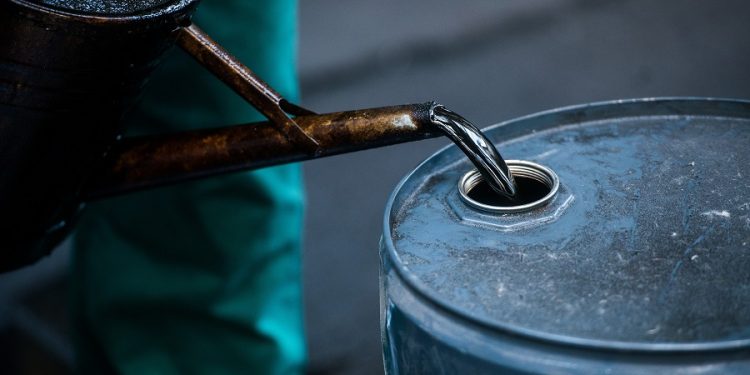In a bid to ensure stability in the global oil market, Nigeria has announced its agreement to reduce its crude production as a member of the Organization of Petroleum Exporting Countries (OPEC). The country’s delegation to the OPEC meeting in Vienna confirmed the decision, stating that Nigeria’s output will be based on its highest volume in the past six months, which stands at 1.38 million barrels per day.
The delegation emphasized that Nigeria, along with other OPEC and non-OPEC members at the Joint Ministerial Monitoring Committee (JMMC) meeting, has committed to cutting production volumes. Additionally, Nigeria, Congo, and Angola have agreed that their 2024 production quotas will be determined based on the highest production volumes achieved in the preceding six months (November 2022 – April 2023).
The recent decline in Nigeria’s oil production has been attributed to factors such as massive oil theft and years of underinvestment. However, the country has taken steps to address these challenges by enhancing security in the Niger Delta region since August last year.
Nigeria’s highest production of crude oil, reaching 1,383,000 barrels per day, was achieved in February 2023. OPEC has also agreed to allow these countries to continue producing at their OPEC quota for 2023. This means that Nigeria can increase its production to its current quota of 1,742,000 barrels per day and subsequently be capped at 10% less for its 2024 quota, subject to verification by independent secondary sources.
The Nigerian delegation expressed confidence that ongoing security interventions under the leadership of President Bola Tinubu would enable the restoration of the country’s production to approximately 1,580,000 barrels per day of crude oil, complemented by about 400,000 barrels per day of condensate. This would ultimately result in Nigeria reaching a crude oil and condensate production of around 2 million barrels per day by 2024.
Meanwhile, Nigeria’s state oil firm, the Nigerian National Petroleum Company Limited (NNPC), has announced plans to wind down crude swap contracts with traders and pay cash for petrol imports. According to NNPC’s Chief Executive, Mallam Mele Kyari, private companies may begin importing petrol as early as this month. The move is part of President Bola Tinubu’s efforts to deregulate the gasoline market and reduce the burden on government finances. The decision to scrap the costly fuel subsidy, effective from last Tuesday, has resulted in a tripled petrol price, leading to protests from labor unions.
By reducing its reliance on crude swap contracts and allowing private companies to import petrol, NNPC aims to pay for its purchases in cash. This marks the termination of NNPC’s crude swap contracts, which involved repaying trading firms with crude oil due to cash shortages. Nigeria, being Africa’s largest crude producer, still imports most of its refined products due to the limited operational capacity of its refineries.
The recent increase in Nigeria’s daily crude oil production to approximately 1.6 million barrels per day has provided hope for meeting supply demands, including those of the newly commissioned Dangote Refinery, which requires 650,000 barrels per day. Bala Wunti, the Chief Upstream Investment Officer of NNPC’s Upstream Investment Management Services, expressed confidence that with the deployment of advanced technology and improved security collaboration, Nigeria’s oil production could reach 1.8 million barrels per day by July or early August. Wunti highlighted the collaborative efforts of security agencies, regulators, industry players, and communities in achieving this positive trajectory.
Despite some ongoing maintenance work impacting production figures, Nigeria remains optimistic about achieving its new production target. The concerted efforts to enhance security and boost operational capacity in the oil sector indicate a promising outlook for Nigeria’s oil industry and its contribution to the global market.










